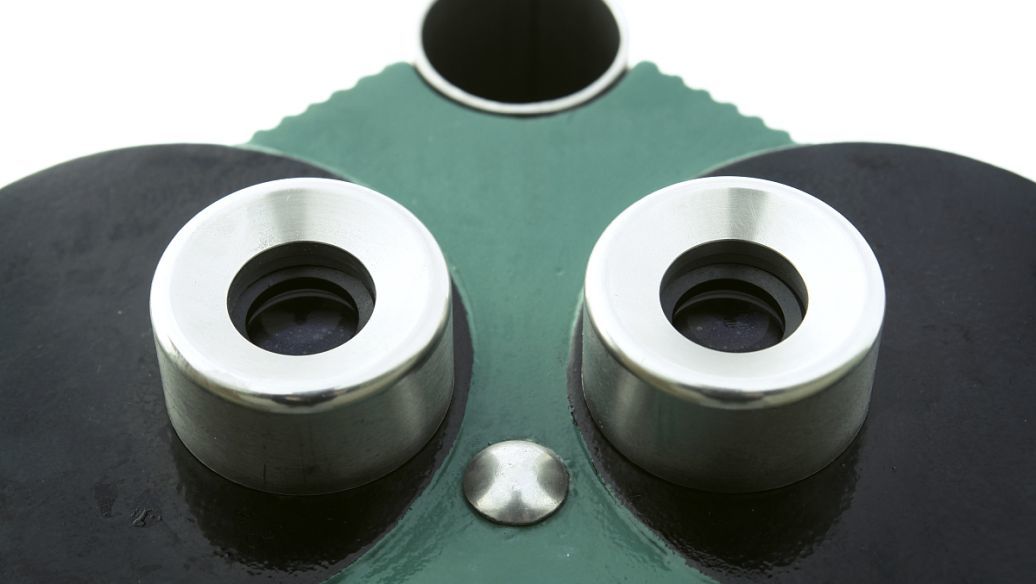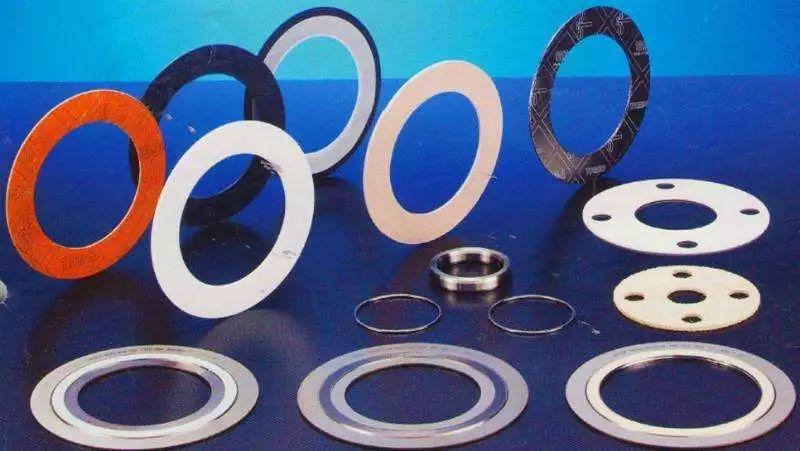The wide application of polyethylene tetrafluoroethylene gaskets is due to their unique advantages
Release Time:
2022-08-25
Polyethylene tetrafluoroethylene gasket is a sealing material mainly made of polytetrafluoroethylene (PTFE). Due to its unique properties, it is widely used in various industries. PTFE, also known as Teflon, is favored for its excellent chemical stability and high-temperature resistance, especially in applications requiring corrosion resistance and high-temperature environments, where polyethylene tetrafluoroethylene gaskets demonstrate significant advantages.
Polyethylene tetrafluoroethylene gaskets are sealing materials primarily made from polytetrafluoroethylene (PTFE). Their unique properties lead to widespread use across various industries. PTFE, also known as Teflon, is favored for its excellent chemical stability and high-temperature resistance, particularly advantageous in corrosive and high-temperature environments.
Firstly, polyethylene tetrafluoroethylene gaskets exhibit good corrosion resistance. They effectively resist almost all chemicals, including strong acids, strong alkalis, and organic solvents. This makes them indispensable sealing materials in the chemical, pharmaceutical, and food industries. In these sectors, equipment and pipelines often withstand chemical erosion, making proper sealing material crucial. Polyethylene tetrafluoroethylene gaskets prevent leaks and corrosion, ensuring safe equipment operation.
Secondly, polyethylene tetrafluoroethylene gaskets demonstrate excellent temperature resistance. They function within a wide temperature range, typically withstanding temperatures up to 260 degrees Celsius. This makes them suitable for high-temperature applications, such as hot water and steam pipes, engine systems, and other high-temperature equipment, effectively preventing seal failure.
Furthermore, polyethylene tetrafluoroethylene gaskets possess good wear resistance. Their low coefficient of friction reduces wear and extends equipment lifespan in moving parts. This is a significant advantage for machinery requiring long-term stable operation. For example, in rotating equipment or reciprocating machinery, these gaskets reduce friction and improve overall efficiency.
Installation and maintenance of polyethylene tetrafluoroethylene gaskets are relatively simple. Compared to traditional rubber gaskets, they are less prone to aging and deformation, resulting in a longer service life. This reduces maintenance frequency, saving time and costs. During routine equipment checks and maintenance, using these gaskets minimizes downtime caused by gasket failure, thus improving production efficiency.
The environmental friendliness of polyethylene tetrafluoroethylene gaskets is also noteworthy. As a material free of harmful substances, their impact on the environment during production and use is relatively small. This is an important consideration in today's environmentally conscious society. Many companies prioritize environmental protection when selecting sealing materials, and the eco-friendly nature of these gaskets meets this demand.
Moreover, the use of polyethylene tetrafluoroethylene gaskets is increasing in the food industry. Because they do not react with food, they are widely used in food processing and packaging equipment to ensure food safety and hygiene. In the pharmaceutical industry, they are used in pharmaceutical equipment to prevent drug contamination and ensure drug quality.
With continuous technological advancements, the production processes of polyethylene tetrafluoroethylene gaskets are constantly innovating. Modern production processes not only improve gasket performance but also expand their applications. New processing techniques allow for greater diversity in size and shape, meeting the needs of various industries and equipment.
In summary, polyethylene tetrafluoroethylene gaskets, with their excellent corrosion resistance, high-temperature performance, wear resistance, and environmental friendliness, are indispensable sealing materials in modern industry. Their application prospects are broad across various fields, including chemicals, pharmaceuticals, food, and machinery. With technological advancements, market demand will continue to grow. By choosing polyethylene tetrafluoroethylene gaskets, companies can improve equipment safety and efficiency while gaining a competitive edge in the market.
Related News
What are the differences between metal wound gaskets and graphite wound gaskets?
In the industrial sealing field, Yichang metal wound gaskets and graphite wound gaskets are both reliable sealing materials. They each have unique performance characteristics and are suitable for different application scenarios. Below, we will discuss the differences between these two types of gaskets in detail.
2022-08-25
The wide application of polyethylene tetrafluoroethylene gaskets is due to their unique advantages
Polyethylene tetrafluoroethylene gasket is a sealing material mainly made of polytetrafluoroethylene (PTFE). Due to its unique properties, it is widely used in various industries. PTFE, also known as Teflon, is favored for its excellent chemical stability and high-temperature resistance, especially in applications requiring corrosion resistance and high-temperature environments, where polyethylene tetrafluoroethylene gaskets demonstrate significant advantages.
2022-08-25
Share to




